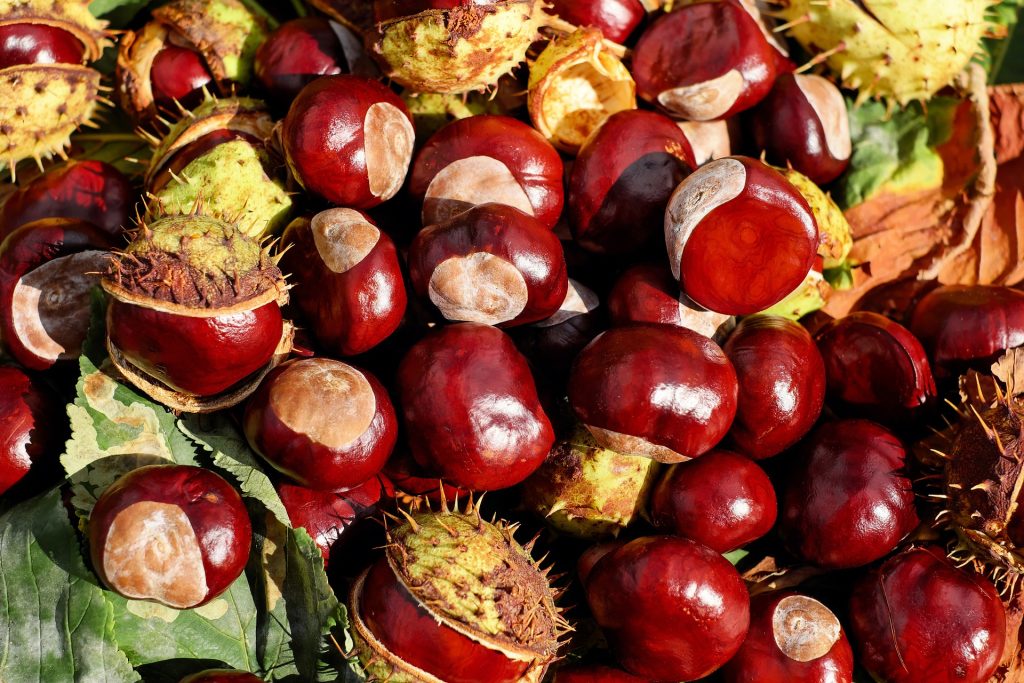Discover how common chestnuts can be transformed into natural cleaning agents.
Others are reading now
Chestnuts—those familiar brown fruits often collected by children in autumn—have a surprising range of uses beyond crafting.
Packed with natural soap-like substances called saponins, chestnuts can serve as an eco-friendly alternative to conventional cleaning products, offering sustainable solutions for cleaning, laundry, and even pest control in your garden.
Chestnuts as a Natural Cleaner
You can easily transform chestnuts into an effective, chemical-free cleaner. According to myHOMEBOOK, here’s a simple method to make your own chestnut cleaning solution:
Ingredients: About ten chestnuts
Also read
Instructions:
-
Chop the chestnuts thoroughly.
-
Pour one to two liters of hot water over them.
-
Let the mixture sit for about 24 hours.
-
After resting, strain the liquid and bottle it.
This natural cleaning product works wonders on smooth surfaces and dishes and can last up to a month. Plus, it’s cost-effective and free from any chemical additives, making it a fantastic alternative to commercial cleaners.
Chestnuts as a Laundry Detergent
Chestnuts can also be used as a gentle laundry detergent, especially for dark clothing. Much like soap nuts, chestnuts contain saponins that help clean your clothes:
-
How to use: Chop about ten chestnuts, soak them in water, and after a resting period, use the liquid for washing clothes.
-
Best for: Lightly soiled or fresh clothes, as chestnuts may not provide the same deep clean as conventional detergents.
Chestnuts for Garden Pest Control
In the garden, a chestnut solution can be used as a natural remedy against aphids, offering an eco-friendly alternative to chemical pesticides:
-
Preparation: Chop up chestnuts, soak them in water, and let the solution sit for a few hours.
-
Application: Spray the solution directly on plants infested with aphids.
This method helps protect your garden while also safeguarding the environment by avoiding harmful chemicals.
Whether you’re cleaning, doing laundry, or tackling pests in your garden, chestnuts prove to be an environmentally friendly and effective solution. They showcase how natural raw materials can replace chemical products in a sustainable and easy-to-make way.
Why not give these eco-friendly chestnut hacks a try?


